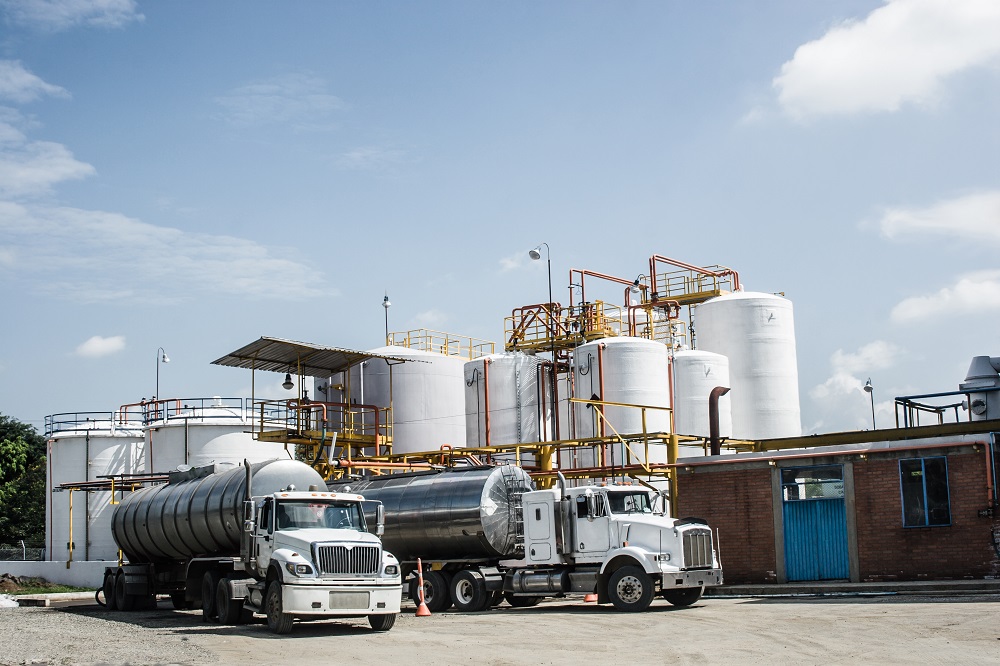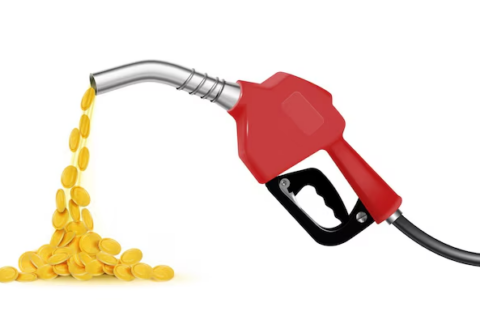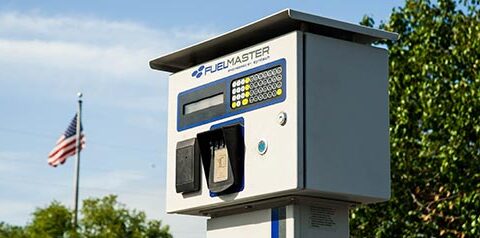Ensuring Fuel Quality in Bulk Deliveries: Best Practices
Fuel quality is of great importance in those industries where the proper maintenance of bulk fuel delivery is of major importance for operations. Whether it is for engines of machinery, heating systems, or vehicles to achieve expected efficiency and safety, fuel must meet strict standards of quality. This article will discuss principles to keep fuel quality when delivering in bulk, including quality assurance and control aspects, compliance with delivery standards and storage recommendations, and safety protocols.
Adopting best practices is necessary to ensure premium fuel quality in large-scale delivery. Furthermore, you must adhere to the best standards for fuel quality assurance. It assists in preventing issues such as fuel contamination, malfunctions, and non-compliance with regulations.

Implementing Few Best Practices: For Ensuring Fuel Quality in Bulk Deliveries
Making sure the fuel stays high-quality during bulk deliveries is crucial for safety and smooth operations. By sticking to strict quality control procedures and following compliance manuals, organizations can lower the chances of contamination, degradation, and breaking rules set by regulators.
#1 Fuel Quality Assurance
Among others, Fuel quality assurance is a systematic approach where the product delivered meets the set-out standards and specifications. Before buying petroleum products this procedure begins a long time ago since one of the initial steps will involve assessing whether the suppliers are legitimate and have complied with the rules imposed by the authorities in charge. Procurement agreements should be used to stipulate quality parameters that will ensure that disputes are avoided during contract implementation and that parties involved are held responsible.
#2 Quality Control Measures
Implementing appropriate fuel quality control measures along the supply chain is critically important as a surveillance tool to pick on and block any variations from set fuel quality standards. This includes conducting periodic sampling and testing of fuel batches to verify compliance with current standards used as reference markers by key attributes such as octane or cetane rating, sulfur content, water and sediment levels, and other chemical properties.
#3 Check Fuel Delivery Standards
Checking fuel delivery standards implies confirming that the delivered fuel matches the description set forth by the purchase contract. This, in turn, requires especially careful checking of the fuel upon delivery to ensure that the quantity, quality, and condition are as ordered. For any future discrepancies, the supplier(s) should be immediately brought up with the issue, and action be taken accordingly to avert the approval of substandard products.
#4 Bulk Fuel Storage Guidelines
Proper observance of bulk fuel storage guidelines helps keep it ready for use whenever required and guarantees its quality. If recommended storage principles are followed there will be reduced chances of being susceptible to pollution, deterioration, or loss of some properties of this substance. Selection of an appropriate storage tank or facility, preventive maintenance activities as well monitoring of the environment, among others must be considered carefully.
#5 Quality Assurance Protocols
It is vital to create and adhere to quality assurance protocols to ensure persistent and accurate fuel distribution management. It is the process of creating and implementing uniform methods for the arrival, processing, storing, and ceding of fuel and conducting regular checks and audits to verify proper implementation. Training personnel on those protocols would also be a prerequisite for compliance and eliminating erroneous or inadequate actions.
#6 Fuel Quality Management
Effective fuel quality management comprehends solid assurance, management, and unceasing advancement strategies. This encompasses the development of performance metrics and benchmarks to measure fuel quality; corrective and preventive actions should be taken to address any nonconformances; and finally, all the stakeholders involved in the fuel supply chain should be integrated to promote a culture of accountability and responsibility.
#7 Bulk Fuel Storage Safety
Providing proper bulk fuel storage safety facilities is the first order of business to prevent accidents, spills, or environmental leaks from occurring. This involves adopting stringent safety rules covering the logo, construction, and operation of tanks and other facilities. Implementing secondary containment systems, leak detection technologies, and emergency response plans all mitigate risks and reduce the likelihood of disastrous consequences.
Way Forward
Maintaining the smooth and safe operation of many industries depends heavily on the quality of the fuel delivered in bulk quantities. Fuel contamination can be avoided by adhering to industry regulations, regularly repairing storage and delivery equipment, and closely monitoring quality. To identify issues early and make continuous improvements, it is also essential that fuel providers, transporters, and users maintain proper communication. Adopting these precautions saves money, preserves the environment, and increases customer satisfaction in addition to safeguarding operations.
Look no further and contact Ricochet Fuel for highly expertise bulk fuel delivery services. Forget the word shortage; you can get fuel delivered anytime, anywhere.
To find out more about Ricochet Fuel, visit the website and feel free to contact us.


